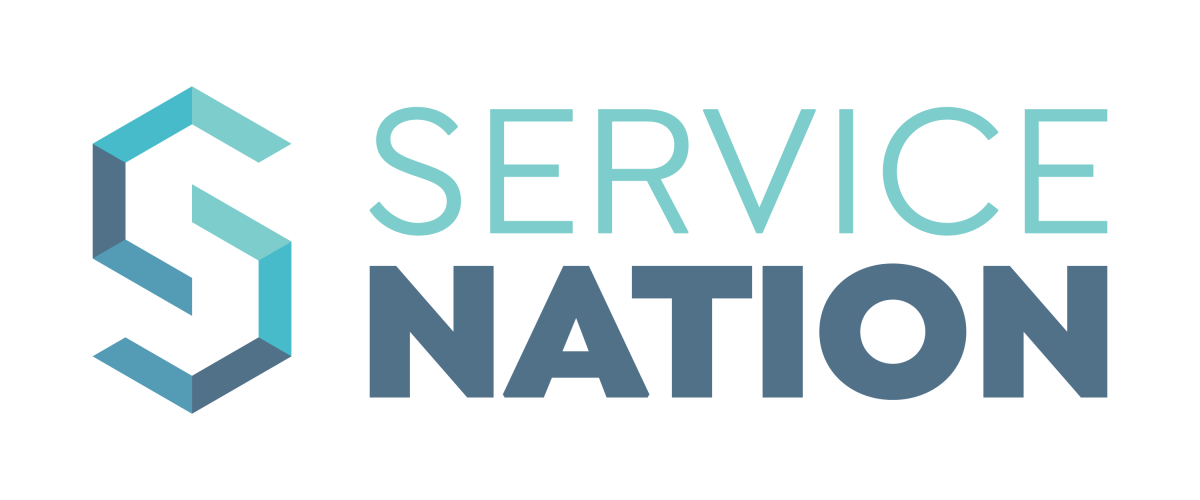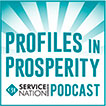David Heimer: Very nice, so let’s talk about your book choice. You selected Grit: The Power of Passion and Perseverance by Angela Duckworth. I found this particularly interesting because just a few weeks ago, I listened to a podcast where they interviewed her so I’m timely to talk about this with you. So, tell me about the book. What did you like about it?
Dave Rothacker: The main thing that drew me to Angela’s work is that she’s been out there as a psychologist, a professor, and a researcher for probably, I don’t know, 10 or 12 years. And her work has been out there in the psychological journals and in some other periodicals. So, it probably took her 12 years to write the book. So I had awareness about her and when I heard she wrote the book, the book is a lot easier to follow than trying to dig for her research papers and that sort of thing. But the thing about what Angela does and she’s just a beyond brilliant scientist is that she’s in pursuit of basically how successful people got that way. And that’s basically what attracted me to the book because I have this passion myself to follow everything about the whole growth mindset mentality. And basically that’s what the book is about: grit, which is a combination of passion and perseverance basically can be found in one form or another through most successful people that you see, you may hear, resilient, hardworking stubbornness, you know, things like that. But when it all comes down to it, it is passion in perseverance and so that’s basically why I was attracted to the book.
David Heimer: Very Good, I noticed, is a really interesting introduction to it and it completely hooked me. And it was a story about how she grew up. Her father kept saying that his expression to her was “you’re no genius, you need to work hard.” And then she won the MacArthur Genius Award, which in itself is such a great story. But it was a completely compelling story and then the next chapter was about West Point and how people get through West Point, which was also very compelling and very well-written. Was the whole book like that? Was it just like one page turner after the other?
Dave Rothacker: It really was and I spent a lot of time reading academic material and in her research papers, they are written in academic keys, I guess that’s what you call it. And so when I did read her book, she wrote for the public, she wrote for us, the common reader, not the academics and so it absolutely works. As a matter of fact, I’m calling grit, probably one of my top five favorite books of all time and with the combination of her talent, as far as writing and the material.
David Heimer: And I think I saw on Rothacker Reviews that this is your favorite book of 2016. Is that right?
Dave Rothacker: Yes.
David Heimer: Pretty high marks from a guy that reads, I mean, I don’t know how many books you read a year, but it feels like you must read a hundred or so. You really go through them.
Dave Rothacker: I probably read on average somewhere around 70 but I’m not a speed reader and my favorite books I read more than once. So I tried to delve into the books more than just plow through them and move on to the next one so, that’s kind of how I attack it.
David Heimer: Well, that leads to an interesting question. It almost has nothing to do with the book, but I love asking people this. Do you read the book or do you listen to it or do you use something like Kindle whisper sync, which allows you to both read it and listen to it? And do you read it in a physical book or are you reading them on one of the e-readers?
Dave Rothacker: That’s a great question and for me, it’s real clear cut. I read the actual physical book because I engage physically with the book. I write in the books, I highlight, I’ve developed systems over the years, that to the point where I have certain color highlighting for certain kinds of passages in the book and just very physical with the books and some of my favorite books, I’ve marked them up so much that I had to buy a second edition and start all over again. But I tried the audio and to me it’s a learning thing. It’s a learning modality so if you can listen to somebody, speak and learn from them, audio books and the way to go.
I have a very difficult time doing that. As a matter of fact, this was interesting. My wife and I are passionate fans of Stephen King. We’ve read every single one of his books and about five years ago, he came to the Tampa Bay area, maybe a little longer than that. And he did a talk and basically, all he did was read from the book and here he was like one of my favorite authors of all time. And when he was up there talking, I couldn’t understand what he was saying. It was almost like he was speaking in another language to me. I have a very difficult time with that so for me, I have to read it to absorb it. So that’s how it works for me.
David Heimer: Yes. It’s interesting. I’ve found it depends on the type of the book. Some of them I could listen to and it’s fine. Some of them I need to read and I think it breaks down into fiction and nonfiction, but I’m not entirely sure about that. But you know, the thing I miss most about physical books is that when people carry around physical books, it gives me a great opportunity to ask them about it. And you learn so much from people when you see that they’ve got this book, why did they choose that book? It just leaves a lot of questions and discussions. I’ve actually read books just because I saw somebody in an airport who looked interesting, who was reading that book. It’s the silliest reason I’ve ever had for choosing a book. But actually, the book ended up being good, so it worked out.
Dave Rothacker: I can relate to that, as a matter of fact, probably half of my books come from recommendations.
David Heimer: So I want to get back to Angela Duckworth’s book Grit, and I wanted to get into one other thing about it. So if you were a small business owner, why would this be a great book for you?
Dave Rothacker: One of the things that stood out to me, I guess, Angela calls them psychological assets, and there are four that she talks about in the book, interest, practice, purpose, and hope. And when you are able to understand and relate to these in relation to whatever field you’re looking at, you can develop passion and perseverance. And the one that sticks out the most to me is purpose because to me, you know, if the business owner understands why they are in business and relates to that, it just opens up the doors for, I just call it a thriving business because the customer will understand why they are in business. His or her coworkers will understand it and it just helps with the whole operation. So it’s the psychological asset that Angela denotes its purpose is what stuck out to me as far as helping business owners.
Now, the second one is practice and specifically, she talks about a type of practice called deliberate practice. And that is very different than just going out into the driveway and shooting hoops. If you want to develop your shot, you know, within, with deliberate practice, basically, the components are you set a goal, a very specific goal in your work to improve on weakness and as you’re practicing and you’re moving forward, you get immediate feedback on what you’re doing; you adjust and then basically repeat. So it’s a very deliberate form of practice and I think that’s the second-best reasoning for contractors to tune into this book.
David Heimer: Very good. Yes, I’ve got to say, I was delighted to see you recommend this book because I went and looked at it after you recommended it. I’m absolutely going to read it. It looks fascinating so I appreciate the recommendation. What are you reading right now?
Dave Rothacker: I’m on a Walt Disney terror right now and I started off reading Walt Disney’s biography. And at the same time, I was reading another book simultaneously by the name of Collective Genius and both Walt Disney and that book arrived on that same day. There was no correlation to each book prior to ordering it but as I got into Collective Genius, which is about leadership and innovation, they started talking a lot about Pixar studios. And Pixar studios, basically an animation studio they grew out of the whole Walt Disney studio thing. So from there, it just got me on a tear between both Walt Disney and Pixar, Pixar is that insanely innovative business operation and I’m interested in that so that’s what I’m concentrating on now.
David Heimer: Sounds good, we’ll have to get you back on another time and talk some more and maybe follow up on other books that you’re reading.
Dave Rothacker: Yes, excellent.
David Heimer: Alright. Well, Dave Rothacker, thank you so much for talking with us today. It has been a real pleasure to talk with you and hear about this book Grit. I’m absolutely going to read it and we’ll have you on another time. Thanks a lot.
Dave Rothacker: Sounds good, David. Thank you very much.





 (877) 807-0869
(877) 807-0869 Member Login
Member Login

